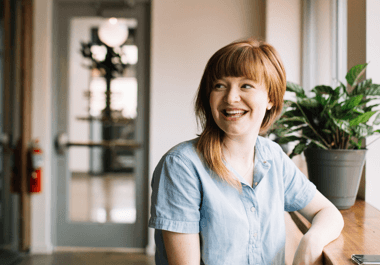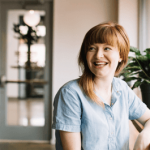
programme for students
Case studies

université de lorraine (Nancy)
Extensive course – 27 hours, 2nd year stud.
This course was where I conducted most of my research for the “Olympic Scholar” programme. It was run for over 10 years—except for the year we endured the Covid lockdown— and was open to all second-year students, regardless of their discipline.
Starting point: Since the course was open to all disciplines, students’ starting perspectives were shaped by their chosen fields. Law students and psychology students, for instance, approached the course in noticeably different ways. Overall, the topics that particularly interested the cohorts were motivation, procrastination, and stress.
Organisation: With a generous amount of time available, I was able to introduce students to topics closely related to sports (e.g., planning training load and recovery throughout a season) as well as more general subjects like nutrition and sleep. The cohort was limited to 50 students to allow for small-group work during classes. They were also asked to write short reports on the strategies they tested in their own organization.
After the course: A rough assessment of the improvements could be as follows:
- 25% remained unchanged,
- 50% experienced an improvement in their ease,
- 25% made significant and joyful changes to how they approached their studies that carried into the following year.

université de lorraine (Nancy)
Short course – 4 hours, 1st year CMI stud.
At Université de Lorraine, CMI (Cursus Master Ingénieur) is a selective program designed for future engineers. Its curriculum includes a small proportion of language learning, communication skills, and… a condensed version of the Olympic Scholar program.
I was invited to deliver a short course in the form of conferences, without an exam. While it’s difficult to measure its impact on students, the program coordinator told me that they truly enjoyed it.

imperial college london
Introductory seminar – 90 min
A discussion with colleagues at Imperial College London led us to explore the challenges their students face—primarily, difficulty in organizing what to study when. More specifically, feelings of overwhelm often push students to focus on exam preparation while neglecting their weekly coursework, creating a vicious cycle that keeps them perpetually behind.
We decided to organize a seminar and were pleased to see a full room—16 students attended, despite not knowing me beforehand. Among them, 13 left their email addresses for follow-up, and the feedback was very positive, encouraging me to expand the programme on a larger scale. A recording of the event was made and is available upon request.

